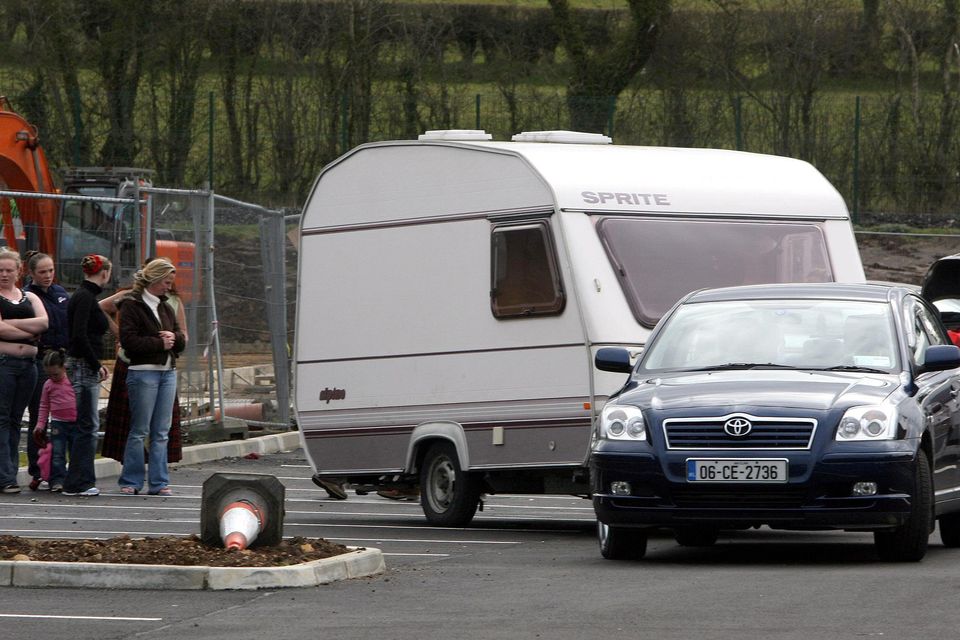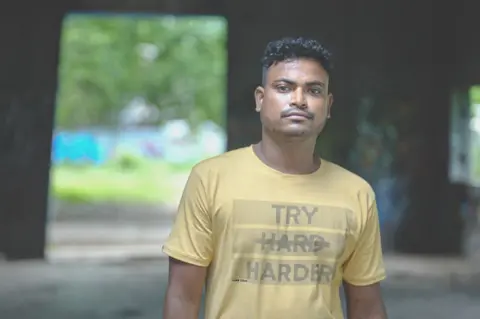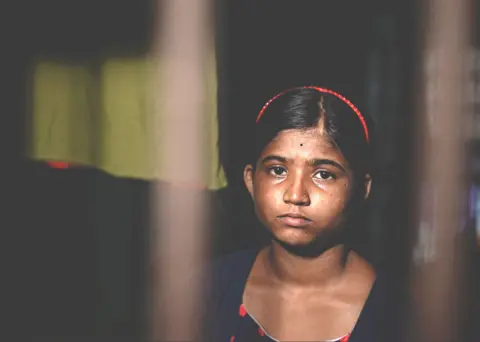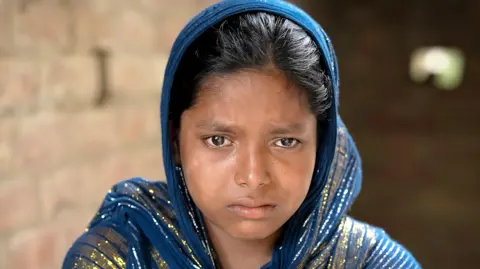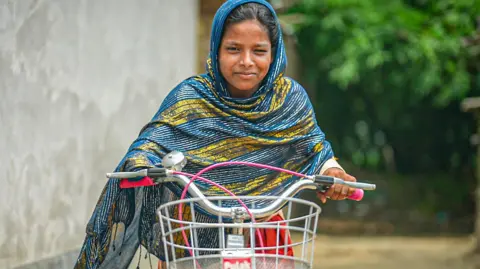Sources: Junta representatives, leaders of rebel group in talks in China
Negotiations between the Myanmar National Democratic Alliance Army and the military began on Sunday in Kunming.
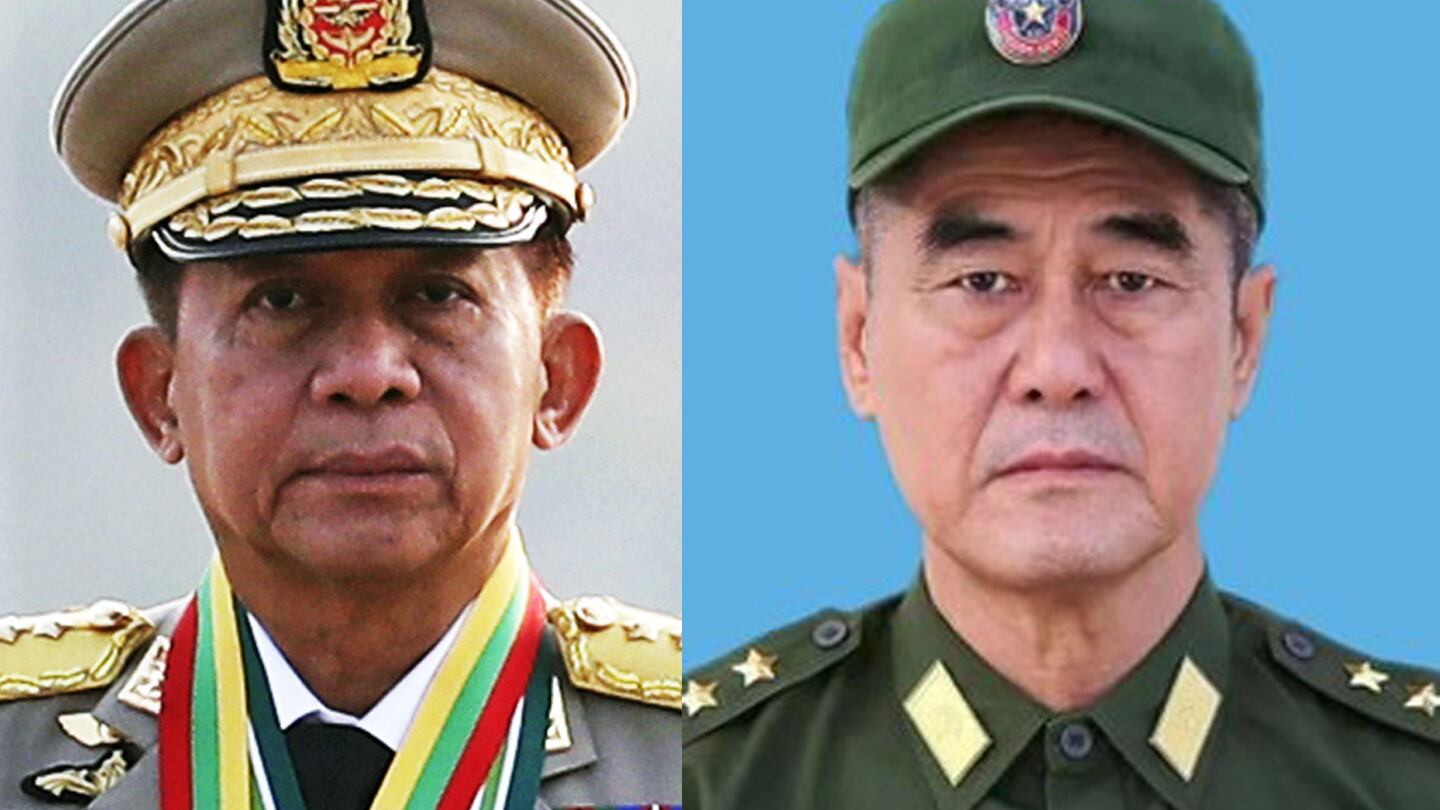
Representatives of the military junta and leaders of an insurgent army have been holding talks in China’s Yunnan province as Beijing leans on both sides to find a resolution to Myanmar’s civil war, sources close to the junta and the ethnic armed group told Radio Free Asia.
The negotiations in Kunming began Sunday, according to the sources who requested anonymity for security reasons. Neither the junta nor the Myanmar National Democratic Alliance Army, or MNDAA, have made any statements on the talks.
Lieutenant Gen. Ko Ko Oo represented the junta, along with a brigadier general and office staff, a junta source told RFA.
The talks come more than a month after junta leader Min Aung Hlaing traveled to Kunming to meet with Chinese Premier Li Qiang on the sidelines of a regional summit. The Nov. 6 trip marked the junta chief’s first trip to China since Myanmar’s military seized power in a February 2021 coup d’etat.
In August, the MNDAA captured Lashio, northern Shan state’s biggest city and the location of the junta’s northeast military command. Since then, Beijing has pressured the rebel army to withdraw from the city, an important commercial gateway near the Chinese border.
Over the last year, the MNDAA has also seized control of more than a half dozen towns in the area that serve as significant border trading hubs.
In October, the group’s leader, Peng Daxun, traveled to Yunnan for medical treatment and to meet with Deng Xijun, China’s special envoy for Asian Affairs.
Sources close to the MNDAA told RFA last month that he was prevented from returning to Myanmar after the meeting as a way of pressuring the group to withdraw its troops from Lashio.
A source close to the junta regime told RFA that Peng was being held at a hotel in Yunnan that’s owned by his father. China’s foreign ministry denied that he was under house arrest.
The MNDAA, which has been fighting for autonomy since before the 2021 coup, declared a cease fire on Dec. 3 and announced that it would send a high-level delegation for talks with the junta. Peng’s status or location wasn’t mentioned in the announcement.
Aim to reopen trade crossings
Discussions will likely focus on continuing the ceasefire and the reopening of border trade gates, political analyst Phoe Wa said.
“Pressure for either side to withdraw from their territories will not be accepted,” he said. “Instead, both sides are likely to reinforce their commitments to their current stronghold positions. The minimum possible agreement could involve easing the trade ban.”
The junta could request the release of soldiers captured by the MNDAA during the fight for Lashio, a former military officer and political analyst told RFA.
“The rebels have detained a significant number of junta troops, which poses a heavy burden for them,” the analyst said. “Given their limited territory and budget, providing adequate food for the prisoners of war is challenging.”
RELATED STORIES
Top Myanmar army officers seized by insurgents in Shan state, junta says
Junta chief vows to complete Myanmar census by year-end -- then hold elections
Leader of rebel army detained in China’s Yunnan province
Political analyst Than Soe Naing said the junta may also ask that it be allowed to dispatch troops in towns along the Muse-Mandalay trade route, as well as in Kunlong, a border town seized by the MNDAA in November 2023.
“I believe the junta will aim to maintain control in these areas,” he told RFA. “If they can secure Kunlong, they would likely consider that sufficient. They may propose a joint administration with the local population to solidify their rule.”
RFA attempted to contact junta spokesman Maj. Gen. Zaw Min Htun and a spokesperson for the MNDAA for comment but didn’t receive a response.
RFA also didn’t immediately receive a reply to an emailed request for comment sent to the Chinese embassy in Myanmar on Monday.
Translated by Aung Naing. Edited by Matt Reed and Malcolm Foster.


